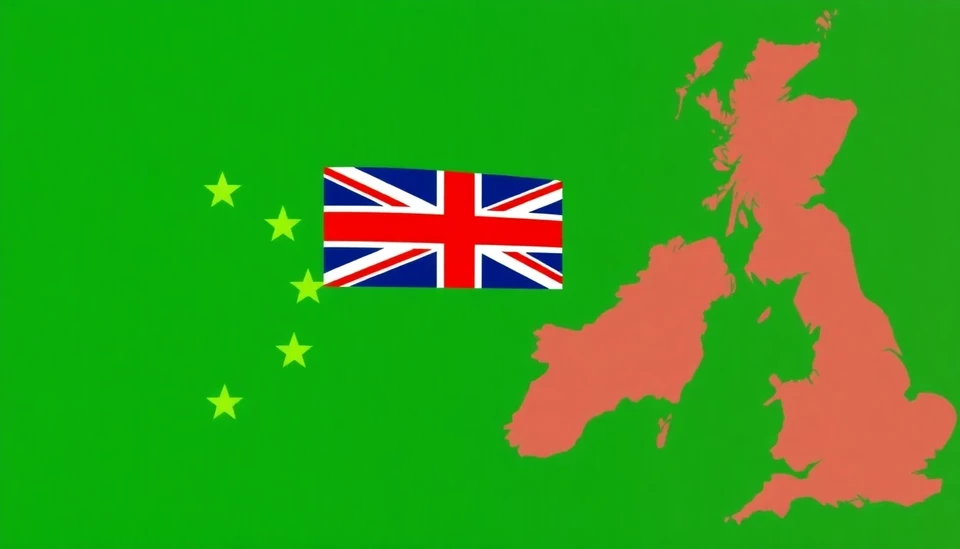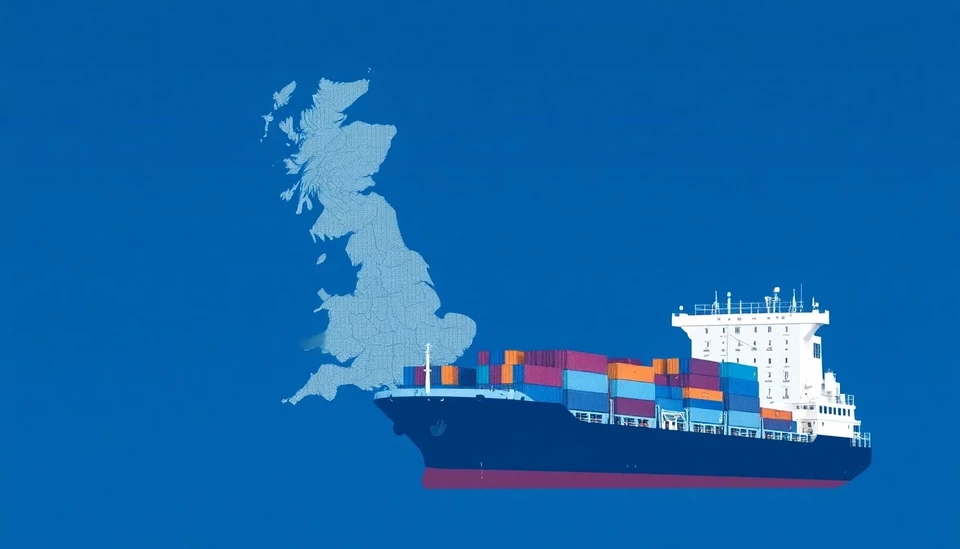
The United Kingdom is poised to enter a significant phase in its trade negotiations with the United States, as the implications of Brexit loom large over these discussions. With the UK having formally exited the European Union, it now faces the critical challenge of determining whether this move will ultimately benefit or hinder its objectives in striking a favorable trade deal with the US.
These negotiations come at a crucial time, as the UK seeks to redefine its economic partnerships independent of the EU. The complexity of these talks is heightened by several factors, including existing geopolitical tensions, economic conditions on both sides of the Atlantic, and the differing trade policies that the US and UK each espouse.
One aspect of the negotiations that stakeholders are closely monitoring is how Brexit influences the UK’s leverage. Proponents of Brexit argued that leaving the EU would allow the UK to negotiate its own trade agreements that could be more beneficial than those it had as an EU member. Now, various economic analysts and political experts are questioning whether this theoretical advantage holds true.
Despite having an opportunity to foster a bilateral trade agreement with the US, the UK's challenges include addressing industry concerns, regulatory standards, and competition with both EU nations and other global economic powers. For instance, the UK must reconcile its agricultural standards, which may differ notably from those of the US, in order to find common ground in negotiations on tariffs and market access.
Moreover, the US has been expressing particular interest in a trade deal that benefits American farmers and manufacturers. This could complicate matters for UK farmers who have voiced concerns over being outcompeted by their US counterparts. How the UK navigates these complexities will significantly impact the outcomes of the trade talks.
The timing of these negotiations is critical, particularly as the US is exploring its trade relationships in the context of increasing globalization pressures and the rising influence of countries such as China. As a former member of one of the world's largest trade blocs, the UK now seeks to carve out a niche in the US market and solidify its position in international trade.
As trade discussions unfold, the outcome will serve as a litmus test for the broader economic implications of Brexit, highlighting whether the decision to leave the EU was a strategic maneuver that positions the UK for a brighter economic future or a misstep that compromises its global competitiveness.
#Brexit #USTrade #UKTradeDeal #Economy #GlobalTrade
Author: Laura Mitchell




